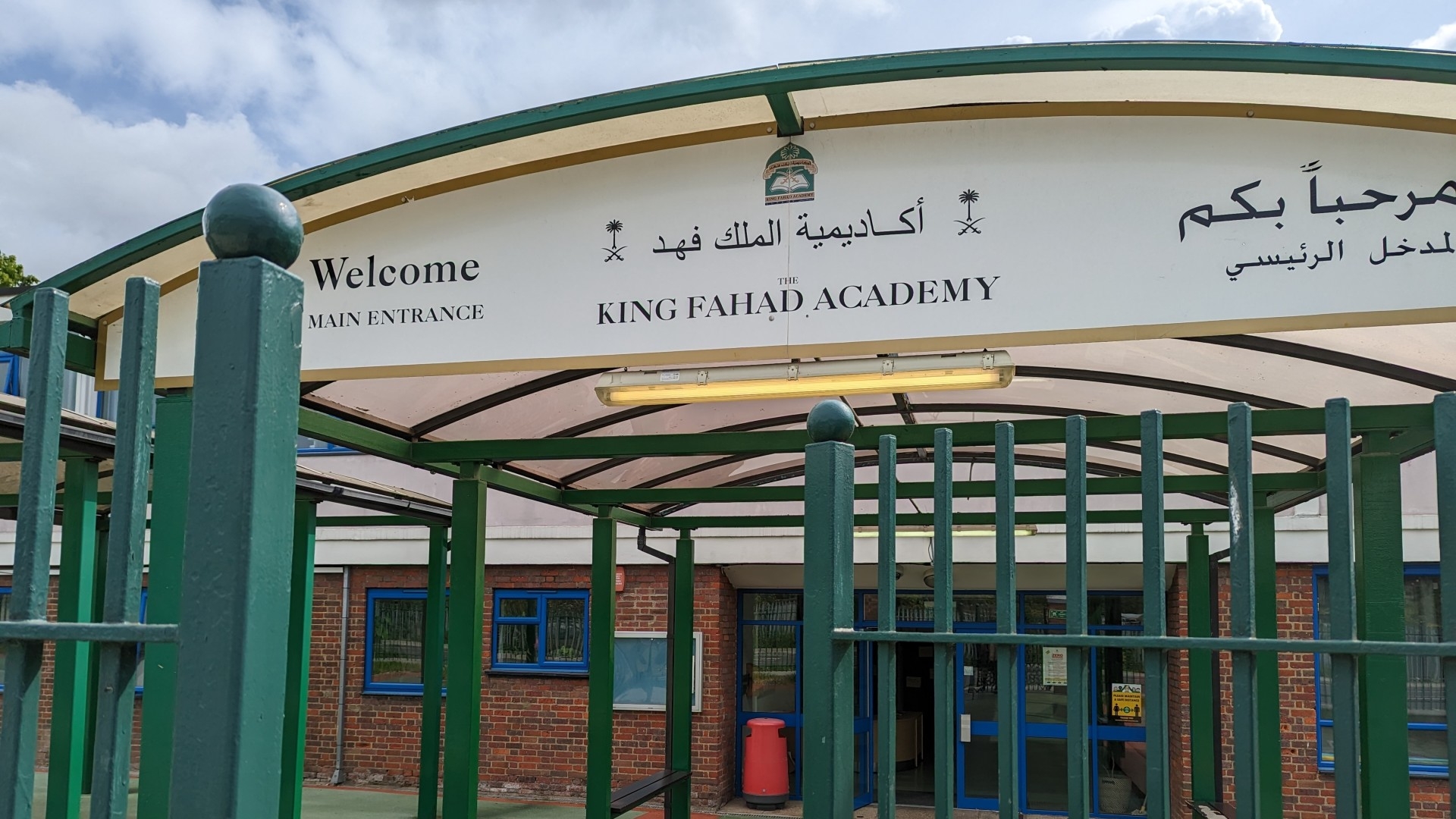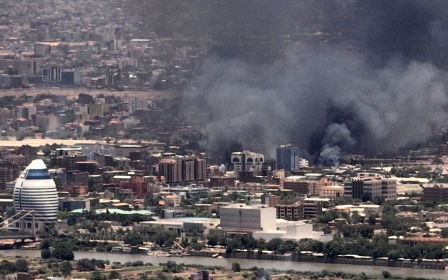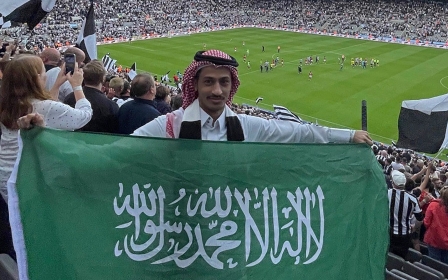Saudi Arabia to close renowned Arabic and Islam-focused London school

A renowned independent school popular with London’s Middle Eastern and North African diaspora is faced with closure in September after 38 years, after Saudi Arabia withdrew its backing.
Combining Arabic and Islamic Studies along with a British curriculum, the King Fahad Academy in Acton, west London, has been serving the educational needs of Londoners from Arab and Muslim backgrounds since 1985.
Teachers at the Saudi-backed school were told about the closure in person on Tuesday, after returning from a combined Easter and Eid three-week break.
Dismayed they were losing their jobs with little notice, many became visibly upset, Middle East Eye was told.
“As a former student, parent and current teacher I’m still in shock,” said one teacher, who did not wish to be named. “My main concern is the welfare of our children, and as a parent I have still not formally been informed about the closure.”
New MEE newsletter: Jerusalem Dispatch
Sign up to get the latest insights and analysis on Israel-Palestine, alongside Turkey Unpacked and other MEE newsletters
Parents learned of the planned closure earlier this week through hearsay, only receiving confirmation from the school on Friday afternoon.
“The Kingdom of Saudi Arabia is reorganising and restructuring its education system,” a letter to the parents said. "As a consequence, it is adjusting its provision of education outside of the kingdom and is currently considering closing certain establishments. The Academy is one such establishment being considered for closure."
Unless alternative funding is found, it is likely the school will close at the end of this academic year, the letter added.
The school and Saudi embassy did not respond to requests for comment.
'Left in limbo'
King Fahad Academy currently has around 480 students, from nursery stage up to the age of 18. As one of the few schools in London known for its Arabic and Islamic studies courses, it has a waiting list of prospective students.
“We’ve heard it’s a funding issue,” said another distressed parent. “But surely Saudi can afford to keep this place running. With the right investment the school could be a centre of learning excellence, showing the best of both British and Islamic learning.”
On Thursday, frustrated parents sent a letter to the school, saying their children’s “education and stability have been left in limbo”.
Parents have complained they do not have enough time to find new schools for when the next educational year begins in September.
Registration for the 2023/2024 intake of state schools is now closed, making it more difficult to find a place in a school of choice.
'It was a home from home where we were helped to learn and understand our religious and cultural identity'
- Jamal Elshayyal, manager of content strategy at Al Jazeera
The school was founded in 1985 by then-Saudi King Fahd bin Abdulaziz Al Saud to provide education for the children of Saudi diplomats and others who wanted a faith-based schooling in London.
Alumni have gone on to enjoy successful careers in law, medicine, media and the arts.
Visual arts educator Rania Hedia El Agami Raine attended the school between 1985 and 1997. Her most recent work, celebrating the centenary of the discovery of Tutankhamun’s tomb, was displayed at the Ashmolean Museum in Oxford.
“The school is part of me. I even returned there for a time and taught art for 10 years. It’s given so many of us opportunities to carve this unique space between east and west that is hard to find in other schools,” she told MEE.
Another former pupil, Jamal Elshayyal, now the manager of content strategy at Al Jazeera, told MEE: "KFA was more than just a school. It was a home from home where we were helped to learn and understand our religious and cultural identity.”
Other former students include Nuha Yassin, who went on to become the first female robotic proctor for colorectal surgery in the UK, and Ahmad Aziz, a leading oculoplastic surgeon at Imperial College.
The school is governed by a board of trustees accountable to the Saudi embassy. Education is free for the Saudi students, while non-Saudi families pay a fee of £3,000 for the academic year.
Middle East Eye delivers independent and unrivalled coverage and analysis of the Middle East, North Africa and beyond. To learn more about republishing this content and the associated fees, please fill out this form. More about MEE can be found here.




